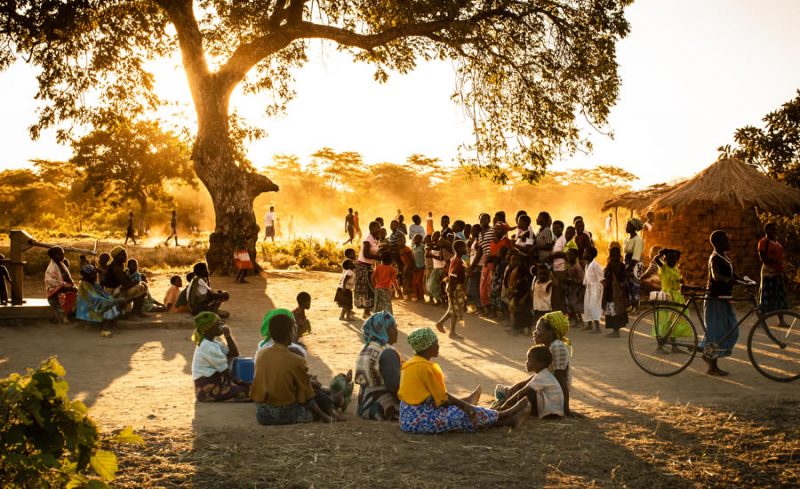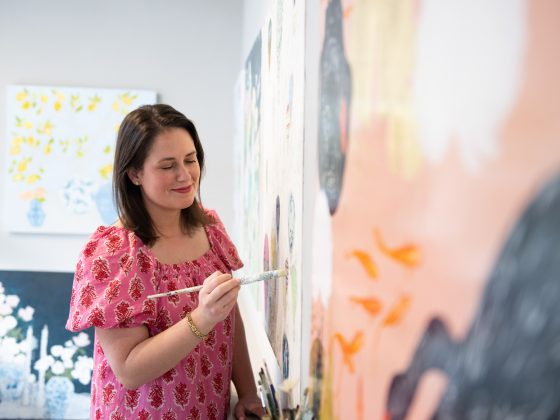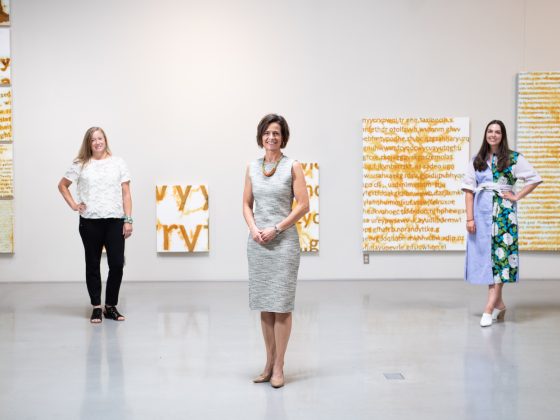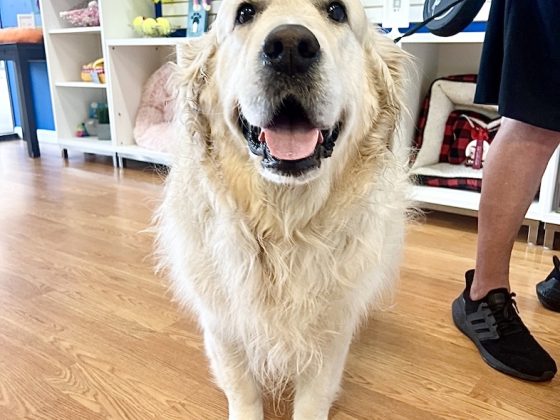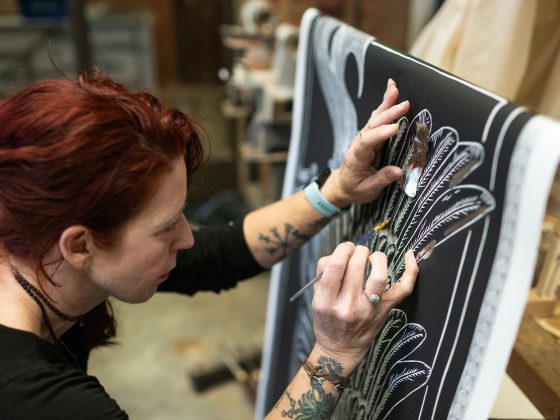19th century American author Herman Melville once said, We cannot live for ourselves alone. Our lives are connected by a thousand invisible threads, and along these sympathetic fibers, our actions run as causes and return to us as results. These profound words are a true example of the comings and goings of humanitarian activist, photographer, and filmmaker Steve Cook.
Born in a small town south of Chicago with a population of 1800, Cook followed his father around the streets of Atlanta, Illinois taking pictures and listening to the many stories the locals had to tell. Attending Arizona State, Cook pursued music but his interest in photography and computer science took the lead. He lived in Texas when he was in the Air Force, moved to Virginia where he worked as a software consultant and met his wife, and then back to Arizona. That is when they both decided it was time to put down roots. He and his wife chose Charlotte, NC. Its a perfect location for the business, and its affordable which allows us to travel internationally. We consider it home, says Cook.
In hopes of breaking into fashion and commercial work, Cook planned a trip to NYC where he was scheduled to have a portfolio review. He had a few fashion photos but most of the photos were of his trip to Malawi. Why would you want to break into the fashion world with all these, he was asked. What are you really passionate about–fashion or your dabbling in Malawi?’ It was at this point that Cook changed his focus to editorial videography. The pivotal change took place after reading an article in Sojourners Magazine, a magazine whose theme is social justice. The topic was slavery. Cook learned that there are roughly 27 million slaves in the world today, which is far more than it ever was when slavery was considered legal. Children are used as slave labor working in gold mines and on chocolate farms while Thailand focuses on sex trafficking. I was angry with myself for not knowing this, confesses Cook. Ignorance is bliss, but I realized my life was going down the wrong path.
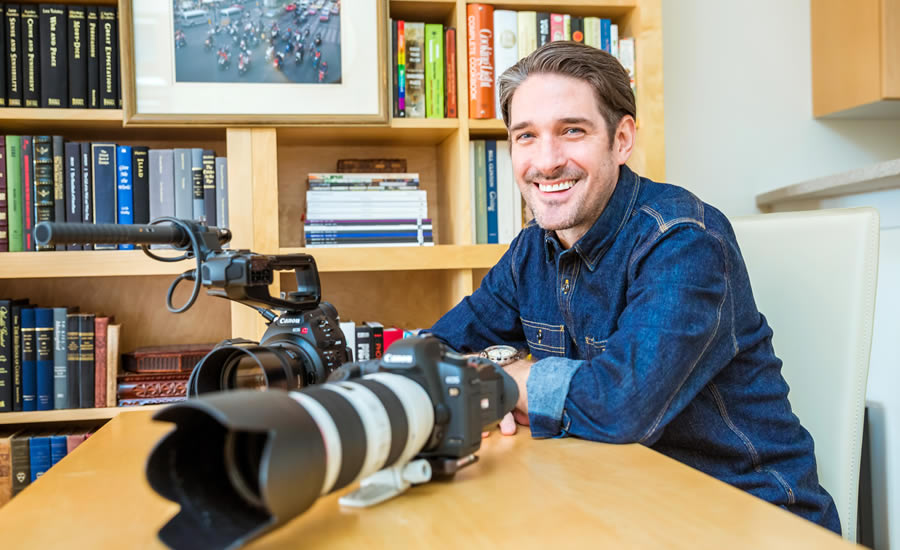
Cook and his wife sold their home in Phoenix and moved to Charlotte in hopes of replicating their Arizona lifestyle. We had made some money, and like most, we wanted to generate an income, live comfortably, and save for the future, says Cook. But after reading that article it metaphorically, landed me in the Sudan, in Darfur during the civil war where genocide was taking place. Soon after, Cook read Dave Eggers novel What is the What, a fictionalized account of Valentino Achak Deng, a Sudanese refugee and member of the lost Boys of Sudan. Forced to leave his village along with many other children, some of whom were only seven years old, they cross three different countries keeping ahead of the threats that pursue them: the militia, the airstrikes, and the dangers of the African wilderness. Eventually, they are resettled in the United States. What struck Cook most was when Deng prepares to meet his sponsor for the very first time. Because he is so nervous, Deng irons, all the night long, the only pair of pants worthy to wear to such a meeting. The only problem being is that they didnt even fit. I said to my wife, Ive got a closet full of clothes and this young man only has one pair of pants, and they dont even fit. Thats when I got serious.
Cook scheduled a meeting with friends and explained what was on his heart. His vision was to start an organization that would raise awareness about what was happening in Darfur, Sudan. Working off the platform of the Beijing Olympics, the group had the Charlotte Torch Rally. The word went out and from the embers was born, Equitas (meaning Justice in Latin). Because the Sudan is highly volatile and a travelers nightmare, Cooks focus changed to Malawi, a land locked country in southeast Africa and nicknamed The Warm Heart of Africa.
On our first meeting in Malawi, we met with Chiefs, Elders, and Community Church leaders. Although we helped build an irrigation system in one village, plus two wells, improved the roads and bought them two oxen and a cart to help with transporting the produce to market, we learned this was not sustainable, says Cook. The reality is that wells break, oxen are stolen, and theyd be right back where they started. Having as many as a million orphans, Malawi children needed help (UNICEF defines orphans as children who have lost one or both of their parents). The Malawi government who pays for every student to attend primary school does not provide secondary education free-of-charge. Most families cant afford the yearly cost of $300 to send a child to school let alone other siblings, nieces or nephews. Without a secondary education, these children are unable to get paid employment; therefore, they grow up to be sustenance farmers, living hand-to-mouth with no chance of breaking free from poverty.
Cook realized that only with an education could the future of Malawi children change, so, this is Equitas focus. We started out with 75 orphans, says Cook, but now we sponsor 200 and raise $60,000 dollars a year. Ive got trusted partnerships on the ground who keep me abreast of things, says Cook, And Equitas donors receive quarterly reports. Cooks wife is his anchor implementing all activities behind the scenes. Shes amazing, and I couldnt do this without her, says Cook. Best defined as a grassroots organization, Equitas is dependent on the community to fundraise, to donor match, and to spread the good news by word-of-mouth. I am an Ambassador, says Cook. My goal is to raise awareness in the community and to get them to take ownership of Equitas. At Piedmont Open IB Middle School, teacher Jonathan George has been organizing fundraisers for Equitas for the past seven years. He started Club Malawi which involves the students in raising funds for Malawi orphans. This years fundraisers are #Oscars4Ed, an opportunity to choose who will win the Oscars in various categories by donating to Equitas (a $15 minimum) and possibly win a $100 movie card. Another one is #PiedmontWalk4Ed, where the students plan on walking 6 miles one way from South Charlotte to school on the morning of March 14th as a way of understanding what lengths children in other countries will go to get an education. The 6 mile walk mirrors the one-way distance Portiphar, a 20 year old that is finishing his final year of secondary school walks to and from school daily. He rises at 5 am and walks the 6 miles to school where he has school chores, studies seven different subjects, practices soccer, and walks back home arriving by dusk to eat, spend some time with his mother and grandmother and then head to bed where he studies by kerosene lamp before turning down the flame. Whats astounding to Cook is the immense joy everyone shares. Even though they are living in abject poverty–living with nothing – they still find joy in dancing and singing. Its amazing, says Cook.
Firmly believing that education is the way to help break the cycle of poverty, Cook understands how important it is for self, for family, for community, and for country. Lack of education is an injustice, says Cook. Equitas is my way of partnering with 100s of others to bring justice to this area of humanity.
For further information and to donate visit Equitas online at www.equitas.cc or call them at 704.258.5859.


